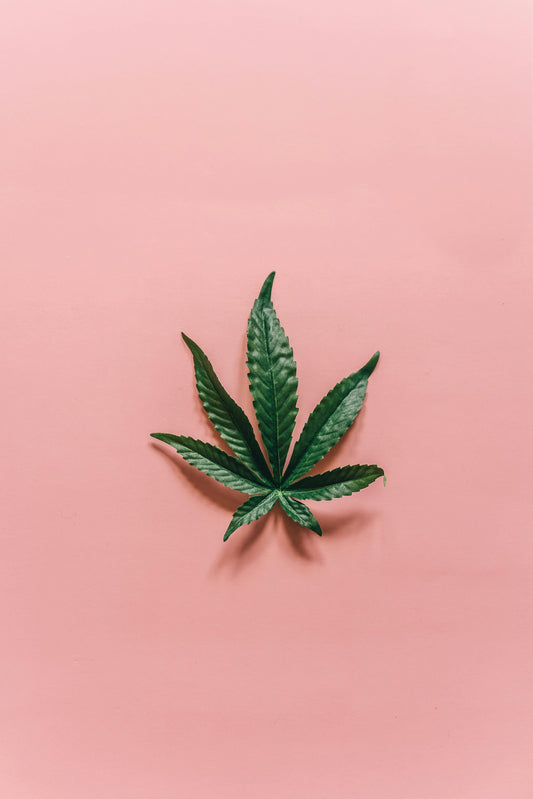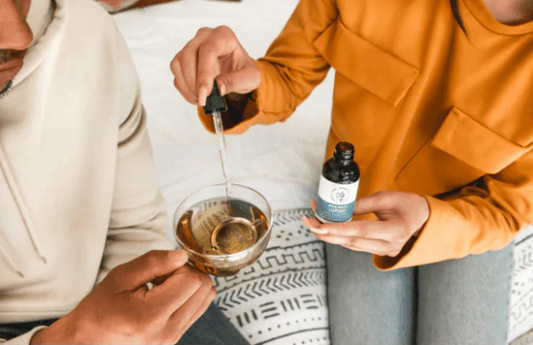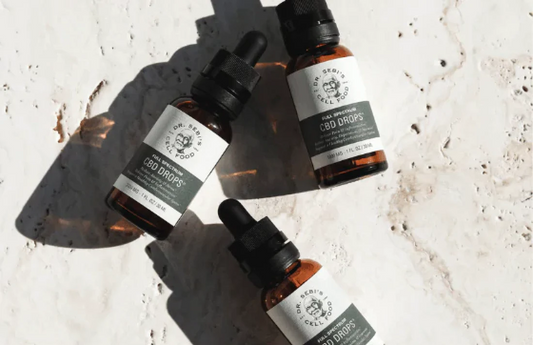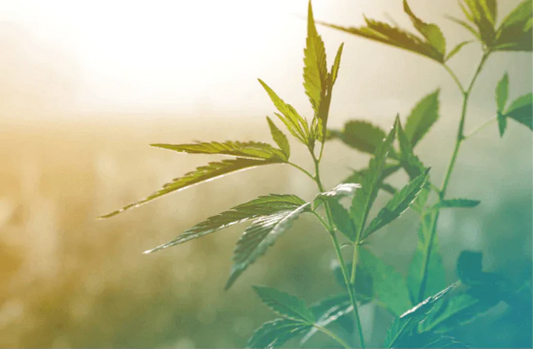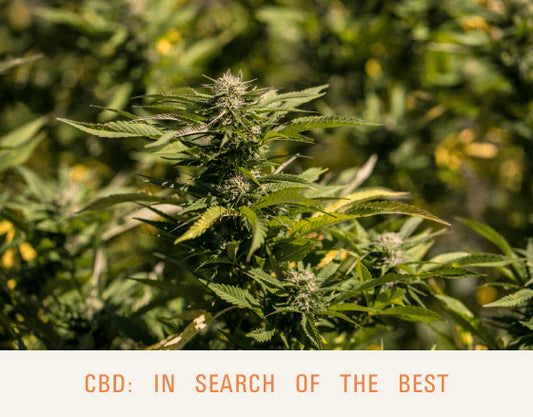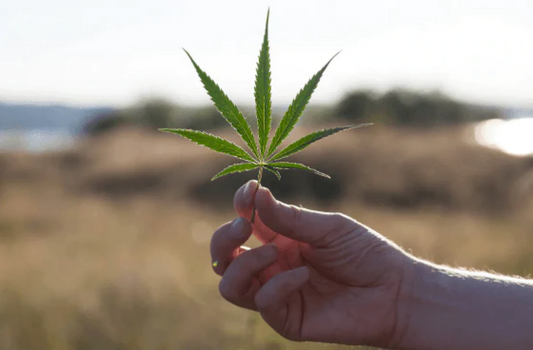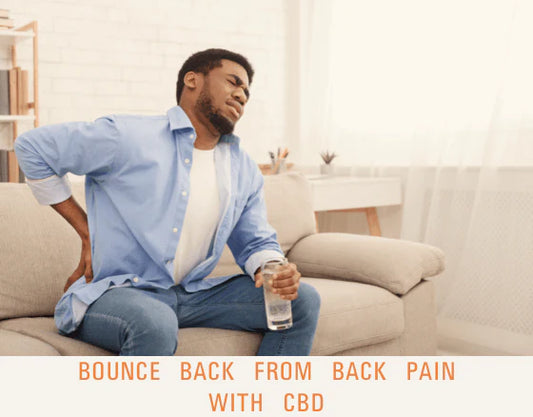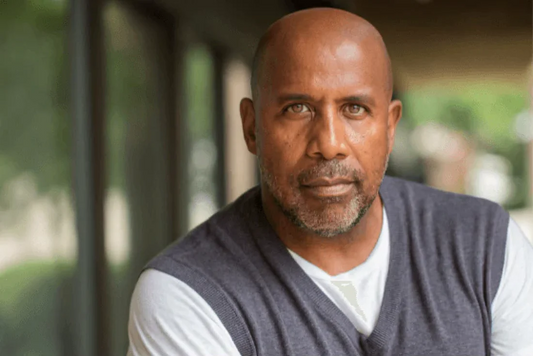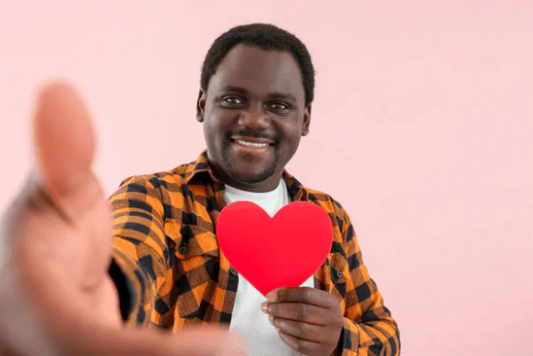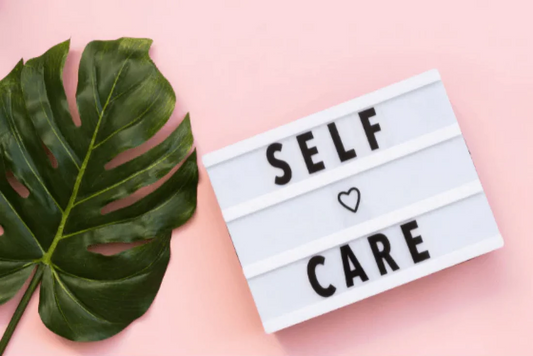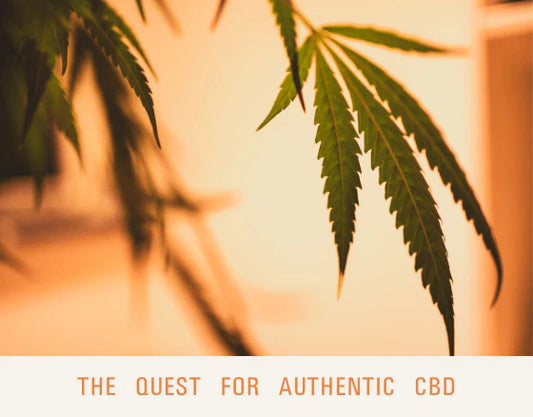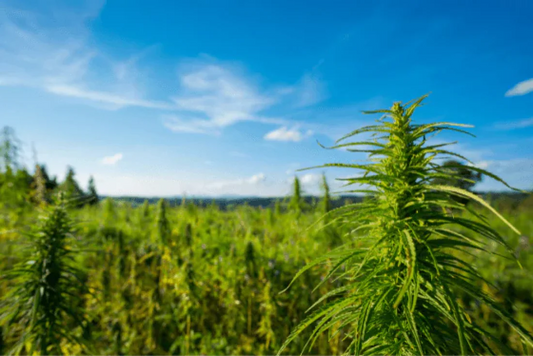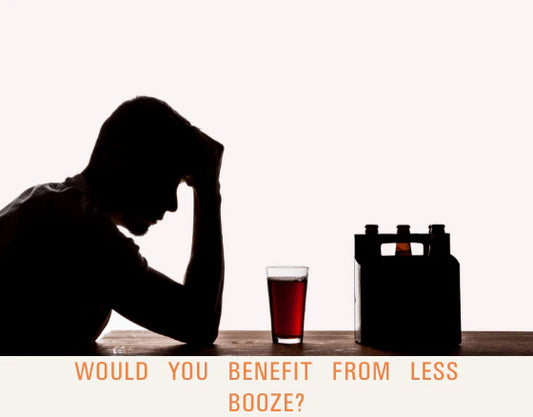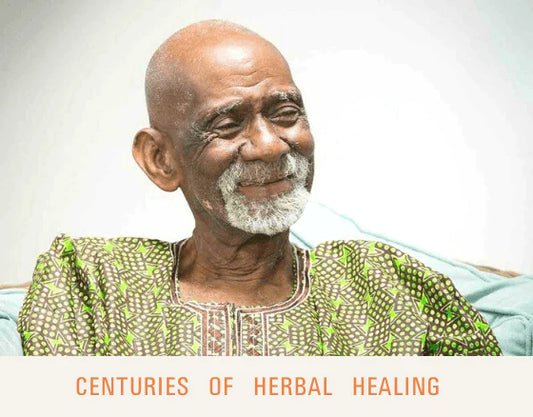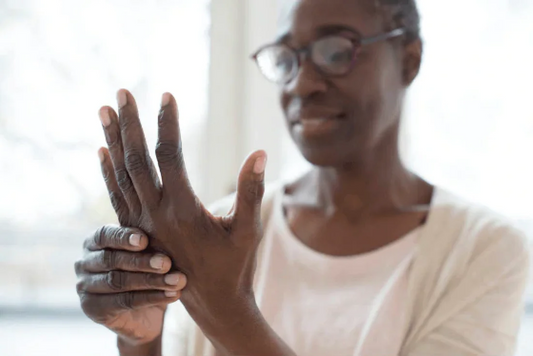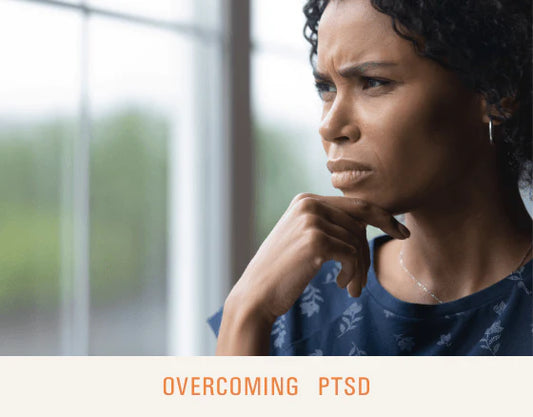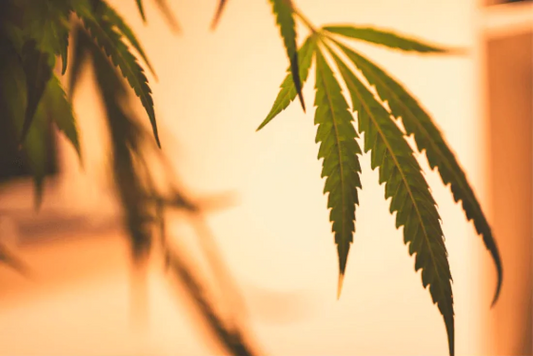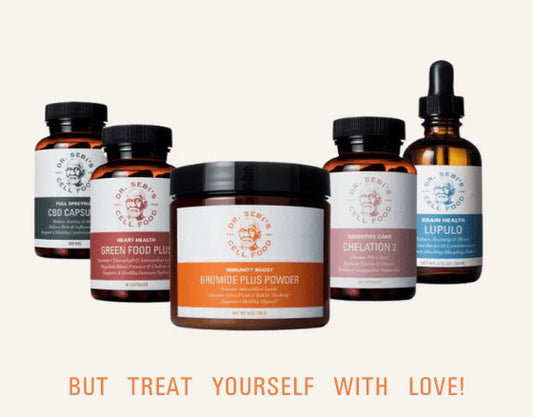Addiction is the compulsive need for a substance, or behavior, that has health-damaging consequences.
Join us as we explore the complex world of addiction, and look at how CBD can be used to help overcome it.
Dr. Sebi’s Full Spectrum Hemp products provide a therapeutic dose of cannabinoids to reduce physical and emotional pain. Hemp-CBD can interrupt addictive habits, helping you feel immediately more relaxed and positive by stimulating the 'bliss' hormone anandamide.
What is Addiction?
Addiction is when a person continually takes a substance - or engages in a behavior - with a destructive impact on their health and life.
In Ancient Rome, when a person couldn’t repay a debtor they were forced to become their slave, or ‘addictus.’ This is the origin of being “a slave to your addictions.”
Addictions take many forms; some of them may surprise you. Do you struggle with any of these?
- Alcohol
- Body piercing
- Book collecting
- Exercising
- Food
- Gambling
- Hoarding
- Narcotics
- Plastic surgery
- Pain
- Pornography
- Prescription drugs
- Rejection
- Relationships
- Screens (smartphones, computers, tablets, TV’s, etc.)
- Social media
- Sex
- Shopping
- Tattoos
- Tobacco
- Video games
- Working
Addicts crave the behavior or substance, even when they know it causes them physical harm, mental harm, and/or harm to their relationships. Addiction can lead to criminal behavior, poverty, homelessness, and death.
Addiction is not defined by how much a person engages in the behavior but by the impact it has on their life. A workaholic may be very successful in the office, but at home their relationships are failing and their anxiety is increasing.
What Causes Addiction?
People become addicts through many different paths, but seeking pleasure (or avoiding pain) is the ultimate driver.
Whether a person is addicted to heroin or video games, their goal is to alter their mental state and reduce subconscious-stress.
Some people believe that taking drugs leads to addiction - but this is only part of the picture. Not everyone who takes narcotics becomes addicted to them. Therefore, there must be another factor involved - the human factor.
Research involving mice found they became easily addicted to cocaine when kept in isolation. But, when the environment was enriched with social activities, interesting food, places to explore, toys to play with and new mice to meet… they stopped taking cocaine! Just like mice, humans get depressed, miserable and bored when trapped in an unfulfilling life.
Unresolved Emotions
Addiction often stems from trauma. Adverse experiences during childhood (e.g. divorce, emotional neglect, poverty) predispose us to addiction later in life. Addiction is a response to painful or traumatic events, not simply a poor choice that people make.
Demonizing addicts is counterproductive; they need to be treated with care and compassion to maximize their chances of recovery. Brain scans on people with a range of addictions reveal the same neural circuits are involved, and they all share feelings of shame and low self-value.
People develop addictions to try and cover up issues and uncomfortable emotions:
- To cope with stress and life events.
- To escape the pain of past trauma.
- To create connections with others.
- To achieve a sense of control in life.
- To avoid facing feelings of inadequacy.
- To hush internal voices of self-loathing.
Overcoming Addiction
There’s no one size-fits-all solution for all addicts, but here are some general tips:
1. Find the Right Help
Addicts using opiates and narcotics need help. Addiction experts can provide the highly specialized support needed for this kind of recovery. Addicts can also be aided with behavioral re-training and dedicated recovery groups.
2. Increase Self-Value
All addicts can benefit from increasing their self-worth. Any activity that improves physical or mental health enhances esteem. Getting a massage, eating vitalizing alkaline foods, and going for walks in nature are acts of self-care that enhance how we feel about ourselves.
“Because the one thing you want to do is to LOVE, and that love should begin with you” - Dr. Sebi.
3. Be Ready to Give Up
The addicted person must be ready and willing to give up their addiction; if they are forced to give it up they are likely to relapse.
What are you ready to give up?
Could CBD Help?
Addictive substances target receptors in the brain that cause relaxation and block pain. With increasing use/abuse, the receptors become less sensitive - so addicts have to use more and more to achieve the same effect.
For example, many harmful drugs activate receptors that cause a flood of dopamine to be released in the brain. CBD regulates the release of dopamine. So, when dopamine has been over-stimulated from drug abuse, CBD resets the receptors, stopping more dopamine being released, and making it easier to overcome the addiction.
There is growing evidence that CBD can support addicts to recover from their addiction:
- CBD creates feelings of relaxation and comfort.
- CBD reduces cravings for the addicting substance.
- CBD decreases uncomfortable withdrawal symptoms.
- CBD heals physical symptoms of addiction, like inflammation.
- CBD enhances wellbeing, so addicts feel less inclined to ‘use.’
Supporting Change
It’s important to note that CBD can help to reduce the cravings of addictive substances or behaviors, but by itself cannot overcome addiction. It must be used in conjunction with detoxification and behavioral changes.
Dr. Sebi’s Full Spectrum Hemp products contain cannabinoids, phytochemicals, polyphenols and minerals that nourish the body, calm the mind and create a positive mental state and emotional self-value that is more able to let go of addiction. By supporting your mental state with CBD a door is opened to think more clearly, react less emotionally and resolve the traumas at the root of the issue.
Addiction is a serious issue, but one that millions of people have overcome by getting the right treatment. Using natural remedies like CBD, you can beat addiction, and start enjoying the truly wholesome and deeply fulfilling elements of life like never before.



